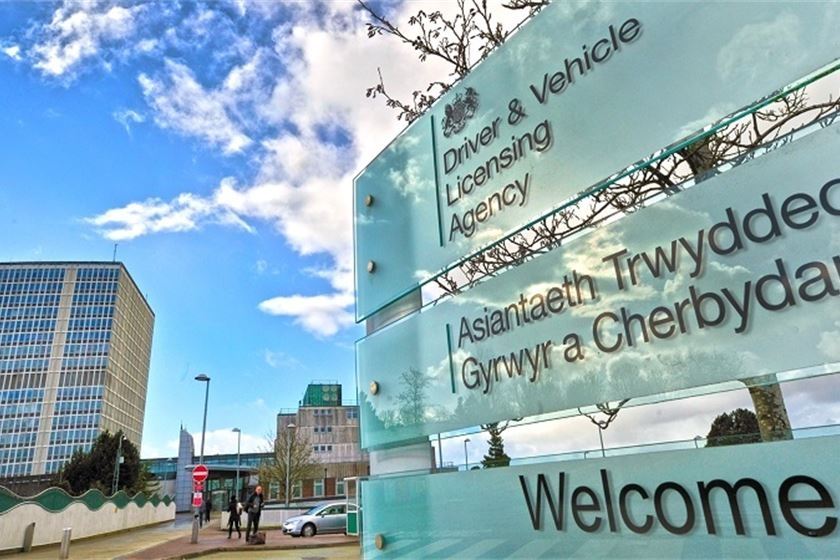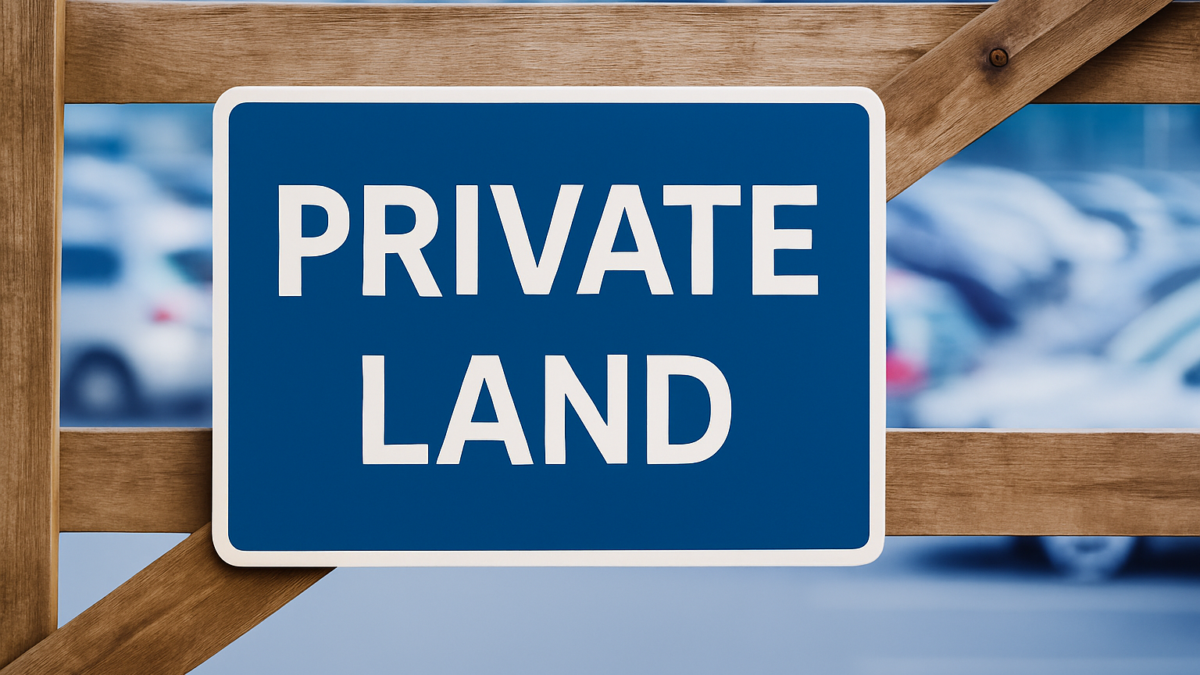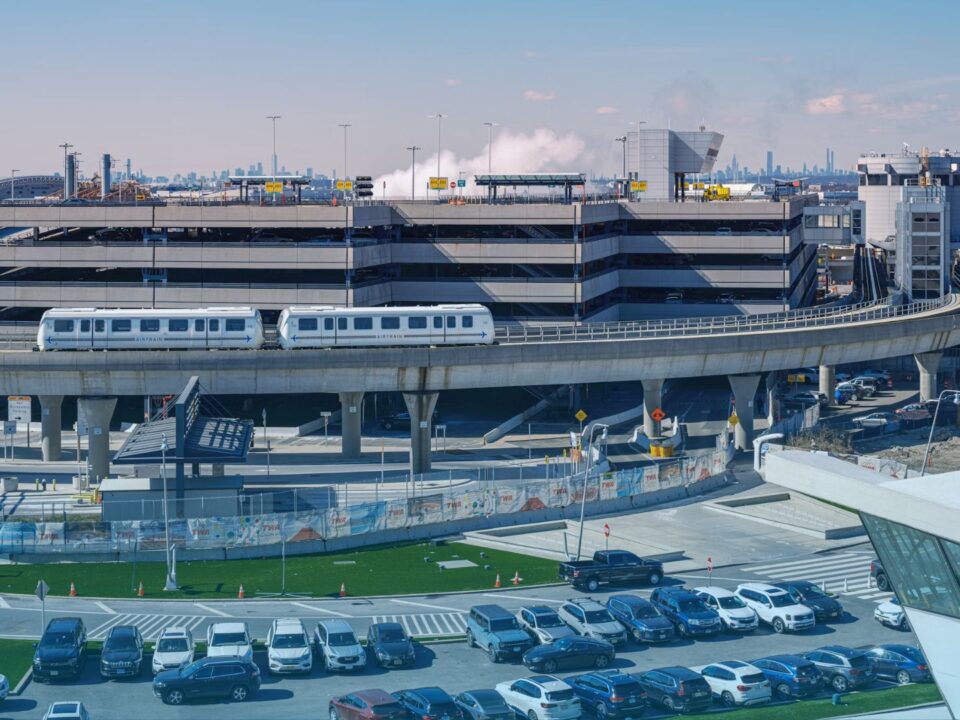You don’t need to know the intricacies of the law – but your car park management company does

Is your car park a convenience or an inconvenience? Enhancing the shopper’s experience
16/04/2025
Why the best-run car parks don’t generate complaints
28/05/2025Why Park & Control builds fairness and compliance in from Day One
If you manage land with a car park – whether it’s part of a residential development, a retail park, a leisure destination, or a mixed-use site – you’re probably not thinking about DVLA data protocols, the ins and outs of trade associations, or the latest government consultations on car park enforcement. Your focus is on tenants, users, and the practical performance of the site. Enforcement should run quietly and efficiently in the background, without drawing attention to itself. But if you manage your car park in-house, that might not be the case anymore.
Why it’s time to think about outsourcing your car park management
If you’ve been managing your car park on your own, it may seem like everything is under control. But the truth is, the landscape of car park management is changing quickly. Legal regulations are becoming stricter, and expectations around fairness and transparency are higher than ever. It’s no longer just about having a system in place – it’s about having the right system, one that ensures compliance with new laws and protects your reputation.
Fairness: A new requirement in Car Park Management
Historically, car park enforcement was a quiet matter, handled with minimal oversight. But today, fairness has become a non-negotiable expectation. This shift has been driven by a statutory Private Car Park Code of Practice, published in 2022. Although the code has been temporarily withdrawn for revision, its direction is clear. When it returns – and it will – it will set binding standards for things like signage, grace periods, maximum charges, and an independent appeals body. These rules won’t just apply to car park management companies – they will directly impact landowners who manage or oversee car park operations.
For landowners who continue to manage their car parks themselves, or rely on outdated enforcement methods, the risks of non-compliance are significant. With the industry moving towards higher transparency, having an expert like Park & Control on your side will be essential for staying ahead of the curve.
The moment a PCN (Parking Charge Notice) is issued and disputed – fairly or not – your role as the landowner or operator can quickly come under scrutiny. And it’s no longer just the motorist who is being examined. When a dispute escalates, the focus shifts to the landowner and how well their car park is managed.

The role of the DVLA and access to data
Another crucial factor in car park enforcement is access to vehicle keeper data from the DVLA. To access this data, car park operators must be accredited with a trade association and follow a strict code of practice. Without this access, PCNs can’t be issued, leaving landowners without the ability to enforce parking rules. If you don’t have the right car park management partner, you lose control of your car park.
Why Car Park Management Is a reputational issue
Although car park enforcement is typically a civil matter, it has increasingly become a political dimension. MPs and local councillors frequently step in on behalf of their constituents who feel they’ve been unfairly treated by private car park operators. What begins as a routine parking charge can quickly escalate into a media issue – especially when large, public-facing sites are involved. In these cases, the public rarely distinguishes between the operator and the landowner. If enforcement is perceived as aggressive, inconsistent, or unfair, it’s the site that suffers the reputational damage – not just the enforcement provider.
Park & Control’s approach: fairness built-In
At Park & Control, we understand this rapidly evolving landscape. We don’t wait for laws to define what fairness should look like – we proactively ensure our systems are fair, consistent, and transparent from the start. Here’s how we handle car park enforcement:
- Clear signage: It’s not enough for signs to just exist. They must be well-positioned, legible, and unambiguous.
- Grace periods: We provide reasonable grace periods where appropriate, giving drivers a small buffer for delays or unavoidable errors.
- Time-stamped evidence: When a PCN is issued, it’s backed by detailed, time-stamped evidence, including clear imagery that stands up to scrutiny.
- Human-run appeals process: We don’t rely on automated systems. Our appeals process is managed by trained staff, ensuring consistency and discretion in decision-making.
Download the Landowners' Guide to Profitable Parking
The reality of “Private Land”
Many landowners mistakenly think that “private land” offers them an automatic shield against enforcement disputes. Yes, private ownership gives the right to issue PCNs, but in practice, that shield is thinner than most people realise. The public’s perception of fairness is what really matters. If enforcement practices are seen as unfair or aggressive, the public will make their judgment. And as soon as your car park is publicly accessible – whether for residents, visitors, or customers – it’s under the public eye. The law may grant you the right to enforce, but the public decides whether you should.
Why it matters to you
If you are the landowner whose name is on the lease, the contract, or the complaints inbox, this matters to you. If your tenants escalate parking issues quickly, or your site has previously attracted public criticism, the risks are even greater. Inconsistent or unfair enforcement won’t just cause friction; it will come back to you, affecting your bottom line and public image.
So, no, you don’t need to know every legal detail or track every new regulation. But what you do need is a car park management partner who already understands the complexities of the law, can anticipate changes, and, most importantly, won’t need to retrofit fairness after the fact.
At Park & Control, we provide future-ready systems that are fair, transparent, and designed to protect your reputation. We manage your car park, so you can focus on running your business.
If you want a clear, no-obligation assessment of your car park’s current management and how it stacks up against upcoming regulations, we’re here to help.




